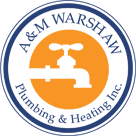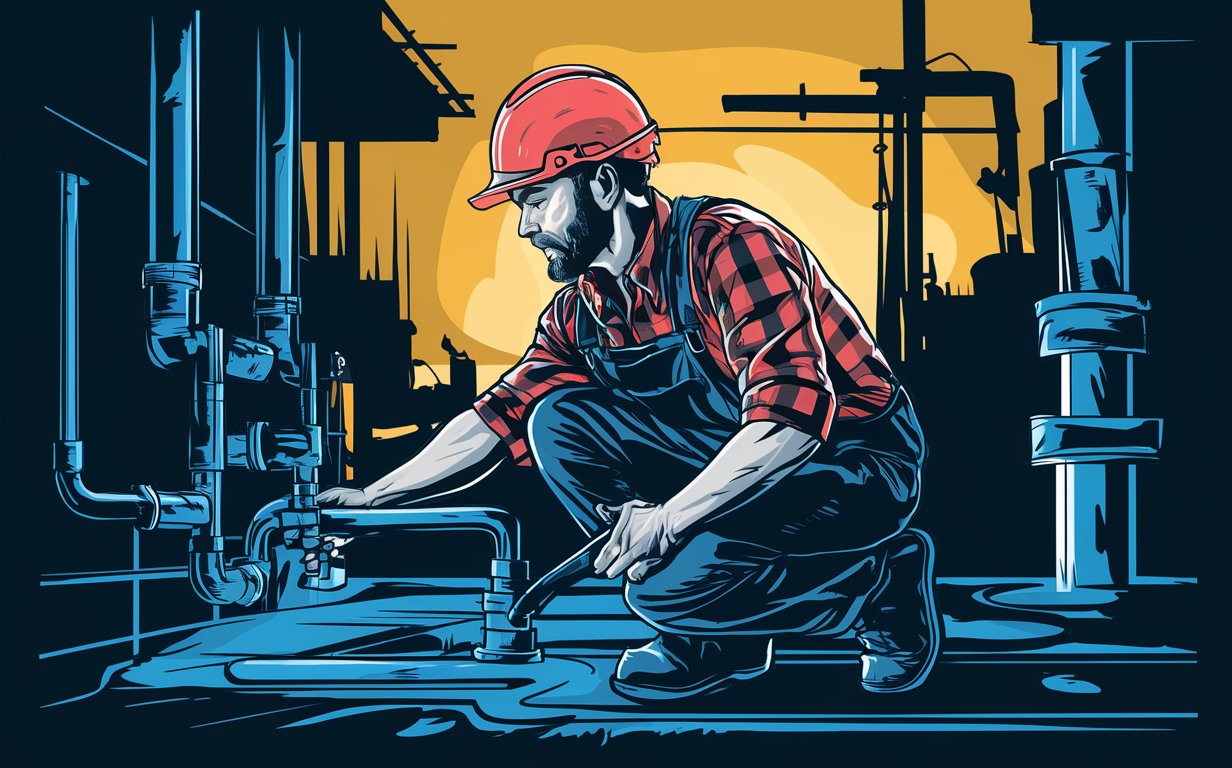If you’ve noticed unusual sounds coming from your plumbing system, you’re not alone. Noisy plumbing can be a common issue, with sounds ranging from whistling to banging. These noises often indicate underlying problems that need to be addressed. Understanding the causes of these noises can help you take the right steps to resolve them and restore peace to your home. Some of the common issues that can result in noisy plumbing system are:
- High Water Pressure
- Water Hammer
- Air Bubbles
- Clogged Pipes
- Loose Components
- Faulty Valves
- Pipe Expansion and Contraction
The noises you hear can vary depending on the problem. For instance, high water pressure might cause a whistling noise, while water hammer typically results in banging sounds. Air bubbles can create a gurgling noise, and clogged pipes may lead to a range of different sounds including dripping or ticking. Understanding the type of noise can help in diagnosing the issue more accurately. Here are 4 common noises that come from faulty plumbing:
- Whistling Noises:
- Thrumming and Vibrating Noises:
- Faint Squeak or Rubbing Noise:
- Dripping or Ticking Noise:
Often caused by high water pressure or a partially closed valve.
Commonly associated with water hammer or loose components.
Typically due to pipes rubbing against other materials or pipe expansion and contraction.
Usually related to small leaks or air bubbles in the system.
1. High Water Pressure
Cause: High water pressure occurs when the water flowing through your pipes is at a level above what is considered normal. This can put extra stress on your plumbing system and cause it to make noise.
Type Of Noise: Whistling Noises
Solution: To resolve high water pressure, install a pressure regulator on your main water line. This device will help maintain a consistent and safe pressure level throughout your plumbing system.
2. Water Hammer
Cause: Water hammer occurs when a fast-moving column of water suddenly stops or changes direction, causing pipes to bang against surrounding materials.
Type Of Noise: Thrumming and Vibrating Noises
Solution: Install water hammer arrestors, which are devices that absorb the shock created by the sudden stop of water flow. This can prevent banging noises and reduce wear on your plumbing system.
3. Air Bubbles
Cause: Air bubbles can become trapped in the plumbing system, causing noisy water flow and disturbances in the pipe.
Type Of Noise: Thrumming and Vibrating Noises
Solution: Bleed air from the system by running water through all fixtures. In some cases, installing air chambers or arrestors can also help manage air bubbles and reduce noise.
4. Clogged Pipes
Cause: Clogs in the pipes can obstruct water flow, creating pressure that causes unusual sounds as water struggles to pass through.
Type Of Noise: Dripping or Ticking Noise, Thrumming and Vibrating Noises
Solution: Use a drain snake or call a professional plumber to clear the clog. Regular maintenance and avoiding dumping grease or large debris down the drain can help prevent future clogs.
5. Loose Components
Cause: Loose or improperly secured pipes and fittings can rattle and vibrate, causing noise throughout the plumbing system.
Type Of Noise: Thrumming and Vibrating Noises
Solution: Secure loose pipes with brackets or clamps. Ensure that all fittings are properly tightened to minimize movement and noise.
6. Faulty Valves
Cause: Faulty or malfunctioning valves can cause erratic water flow, leading to noisy operations and vibrations.
Type Of Noise: Whistling Noises
Solution: Inspect and replace faulty valves as needed. Ensure that all valves are functioning properly and consider upgrading to higher-quality valves if issues persist.
7. Pipe Expansion and Contraction
Cause: Pipes can expand and contract with changes in temperature, creating noise as the materials adjust.
Type Of Noise: Faint Squeak or Rubbing Noise
Solution: Insulate pipes to help regulate temperature and reduce expansion and contraction. Ensure pipes are properly secured to minimize noise.


